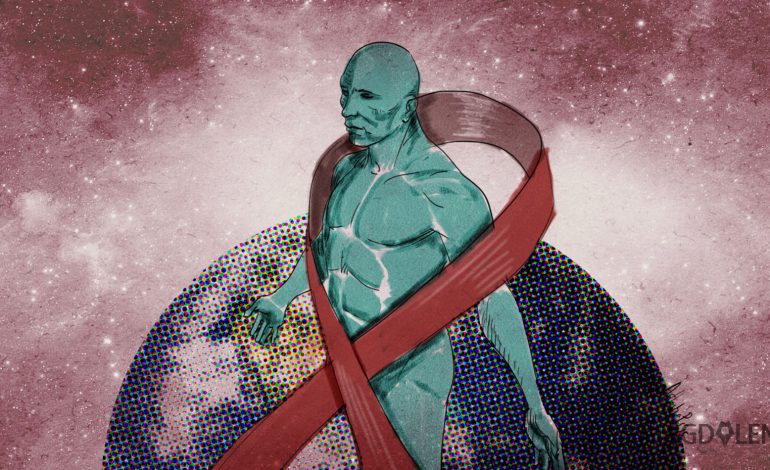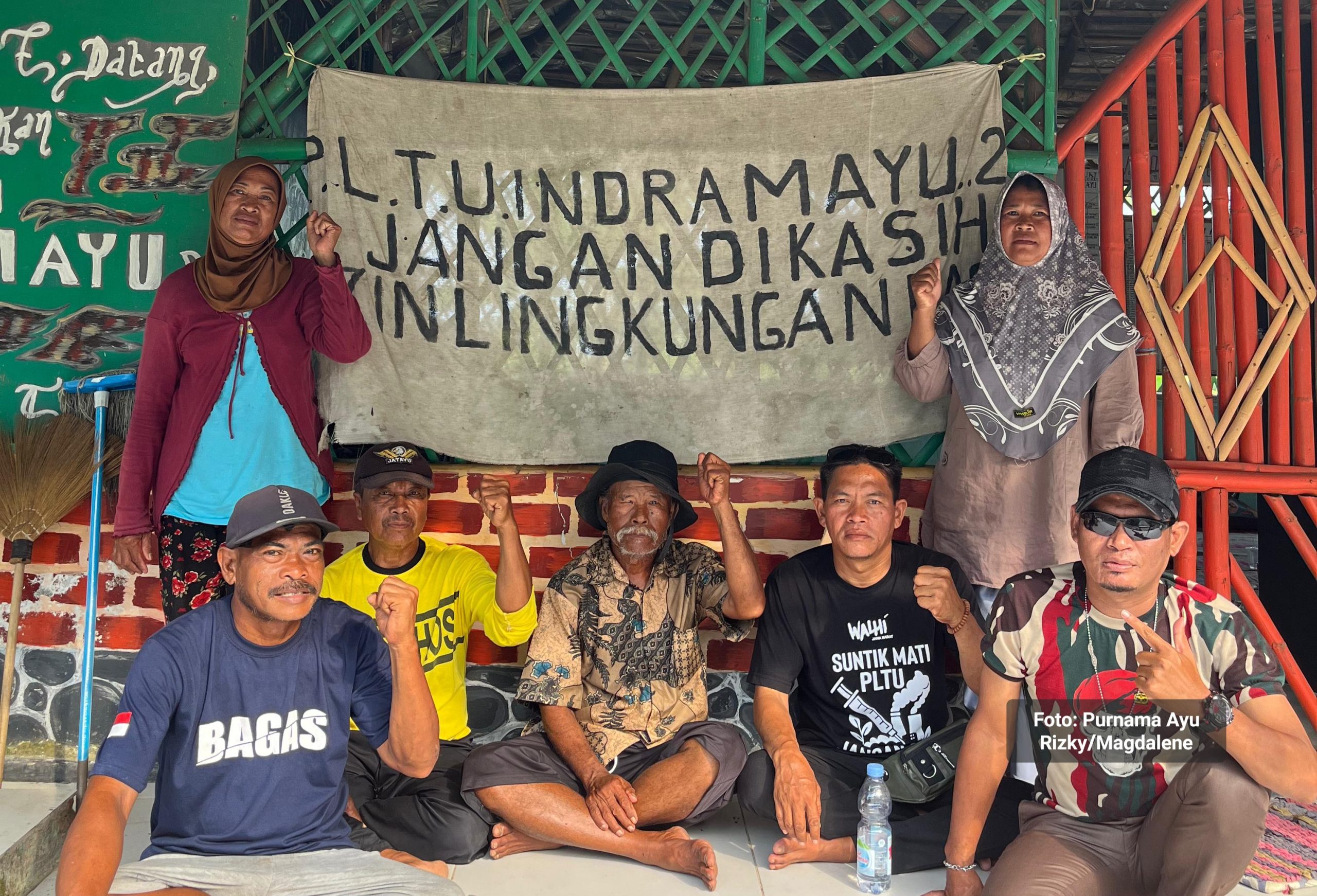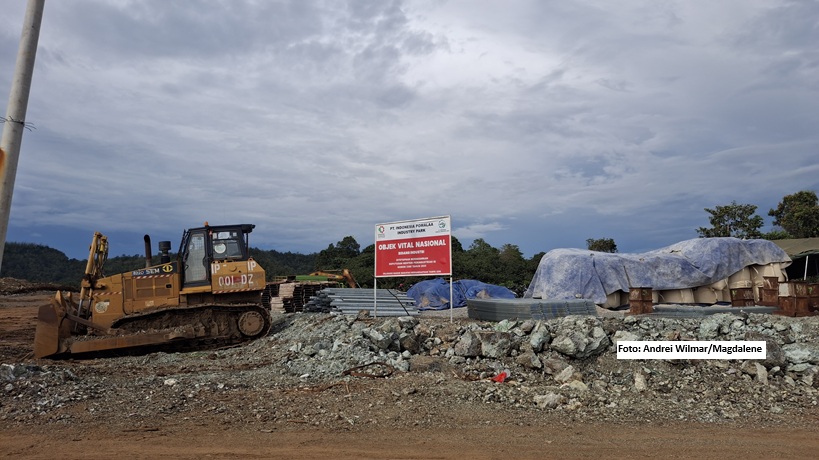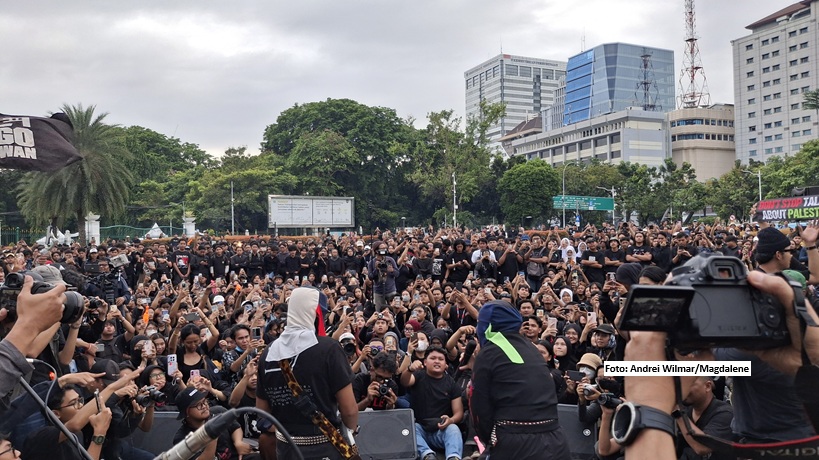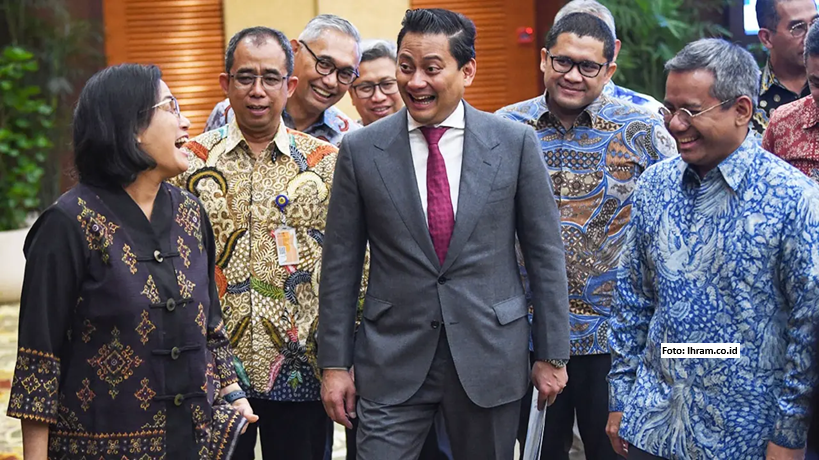I’m Changing Citizenship – It Doesn’t Stop Me from Being Indonesian
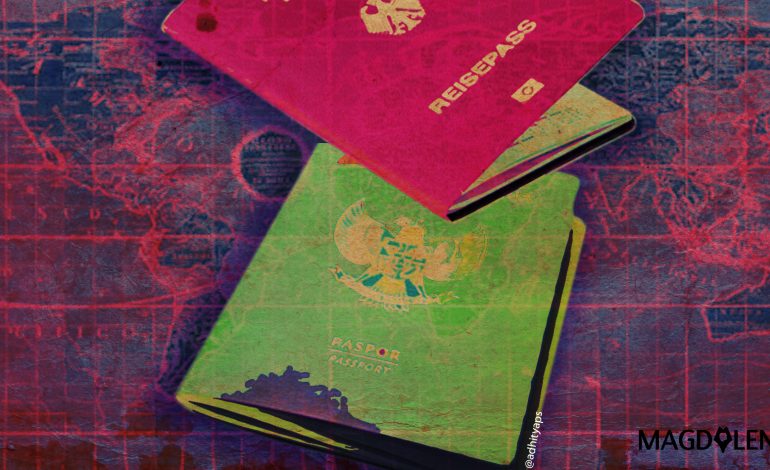
In Norway, where I live, I volunteer as a mentor for Indonesian students who wish or have been accepted to study abroad through a not-for-profit global educational platform.
In a text message, one of my would-be mentees once asked me when I would return to Indonesia.
“I am not going back. I am married to a German,” I replied.
“(LOL emoticon) Wow! No longer holding an Indonesian passport?” He asked.
“Still hold the passport.”
“Alhamdulillah (Praise be to God)!”
“But I am pursuing a Norwegian passport.”
“Yaaahhhhh (Oh, no!)!”
To be honest, his reaction hurt me. I regretted using my marriage to a German to justify my decision to not go back to my beloved Indonesia. I cringed both when he said he was glad that I still held an Indonesian passport and when expressed his regret that I am changing my nationality. We chatted a little more after that, and I felt compelled to make him not think bad about me. I even told him that my parents were born in Pasuruan, East Java, and grew up in Solo, Central Java, just because I knew he is from Yogyakarta.
Why did I let him make me feel small just because I want and can change my nationality? Why did I feel guilty for admitting this to him?
For me, choosing a nationality is a privilege and a blessing, considering not everybody can do it. It is not about not loving your country. Rather, it is a personal choice to have a life that you always envision that may not be in a country where you were born.
I am fully aware of the fact that my decision is considered unnationalistic and a betrayal to a country that has given me a life. But what kind of life? I am Chinese-Indonesian and a Catholic and was always perceived as such in Indonesia.
Throughout my life, I have accepted the fact that because of my yellow skin and my religion, I had to pay more under the table to obtain some official documents. I have accepted all the discriminations I encountered. In Indonesia I sometimes felt like an evil alien who was allowed to live in someone else’s fertile soil out of the mercy of its inhabitants. If I felt like an evil alien in my own country that I love so dearly, then I might as well be an alien (albeit not an evil one) anywhere in the world.
This thought has liberated me from any negative emotions I felt about the past discrimination I experienced in my own country. I have been able to use this thought to direct all my energy to a more positive action, such as fighting for a place abroad. What is the difference between fighting abroad and at home when one is seen as an alien in both places anyway?
I have now lived abroad for more than 10 years. Dealing with discrimination in Indonesia has made me resilient in dealing with other types of discrimination around the globe.
For example, I have gone through the sometimes ridiculous process to be granted a visa or a resident permit without ever complaining. I also accept the fact that I have to work harder to compete with other Europeans and people from developed countries who speak multiple languages and have global experiences. I do not take this type of things personally, though I know many people can be demotivated by the same challenges.
The longer I’ve lived abroad the more it makes me proud to be an Indonesian. We are unique. We scored high in the happiness scale in many studies, even though our GDP was not nearly as high as those developed, happy countries. We laugh all the time, sometimes for no good reasons. We can find blessings in the ugliest situations by saying “masih untung” (still lucky). We have one of the best and unique cuisines in the world and many more!
These qualities have helped me succeed in competing overseas. My social skill, shaped by growing up in Indonesia, is appreciated as one of my strongest points at work, a crucial part in widening my networks and collaborating with different countries. My grateful attitude is nurtured by Indonesia and have become my sounding board to overcome many, many life obstacles. My easy-going and flexible traits, products of having lived with uncertainties in Indonesia, help me deal with the challenges of being a foreigner abroad. When it comes to enduring discriminations, people from other countries often ask me for advice. My face, skin, tongue, culture, taste, accent, attitudes, traits, and my life principles are greatly reflect Indonesia.
I am changing my citizenship not only to pursue my dreams and to ensure personal security and safety, but so I can also travel farther and easier to the most unique areas in the world, to be an ambassador of Indonesia – whether I like it or not.
Don’t believe me?
What do you think the first thing people ask when they see this rather light brown-complexion girl with big eyes and black hair talking in a particular accent while snorkeling in minus 2 degree Celsius water between the North America and Eurasian continents?
Exactly. Where are you from?
They raise their eyebrows when I say that I am not from China. That is how I start a conversation that promotes Indonesia. Some of them have since proudly reported to me that they have visited Indonesia because of our conversations.
My passport can be other than Indonesian. But I, as a person, can only walk around in this world as an Indonesian.
Tita Alissa Listyowardojo has masters and doctorate degrees in Psychology from the Netherlands and is currently working in Norway. She loves writing and cats. Read her published writing here https://titalistyowardojo.wordpress.com/ or follow her vegetarian and travel journeys on Instagram: tita_lis.

